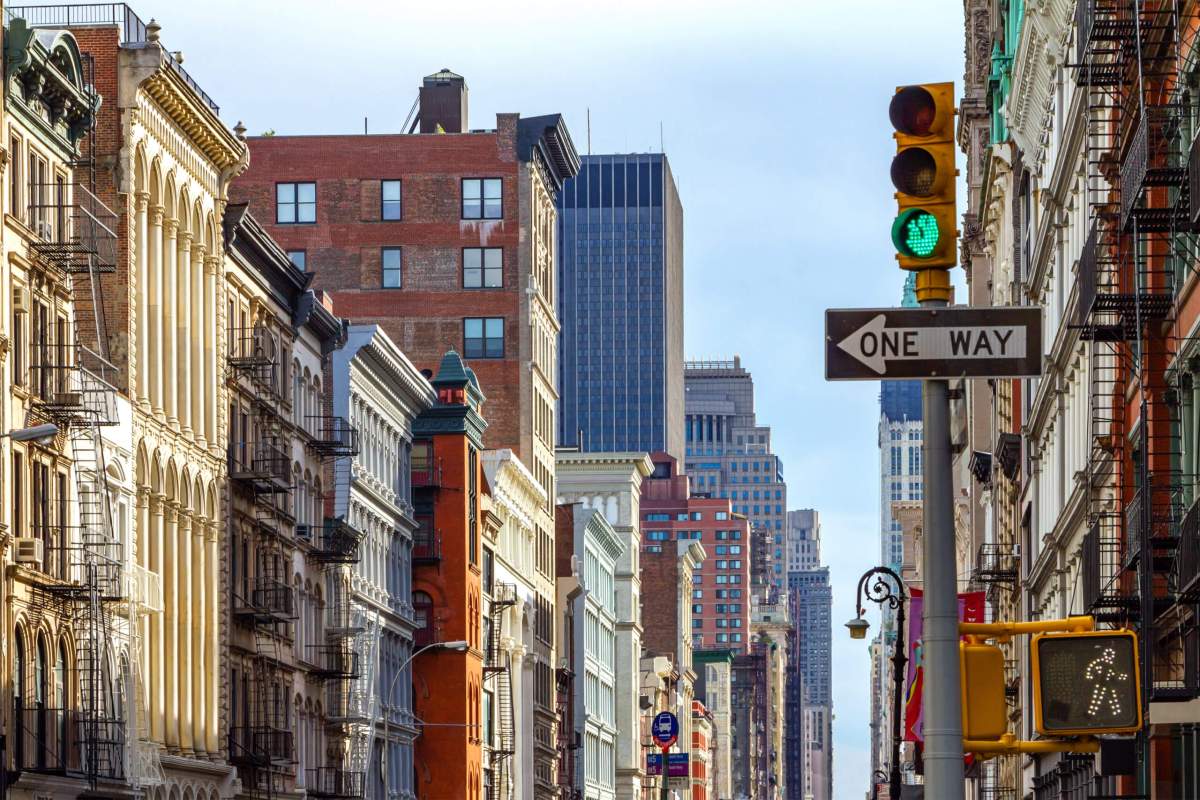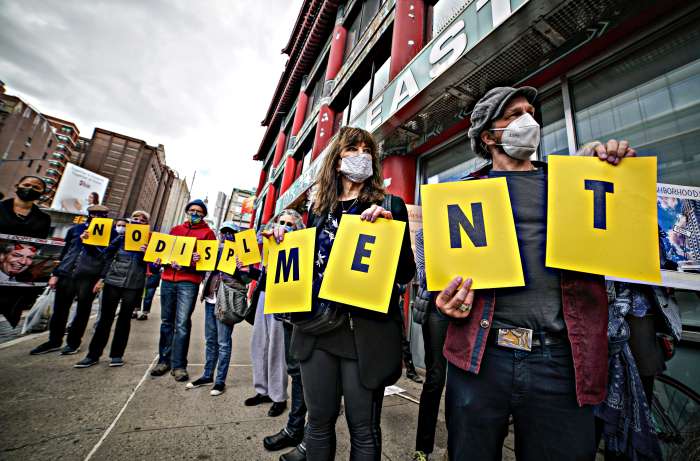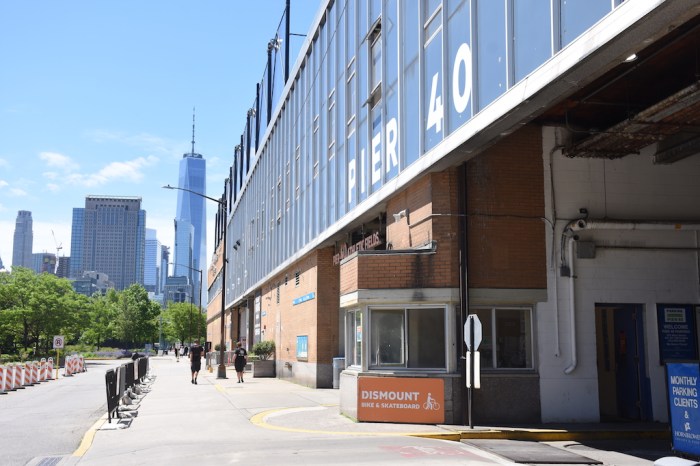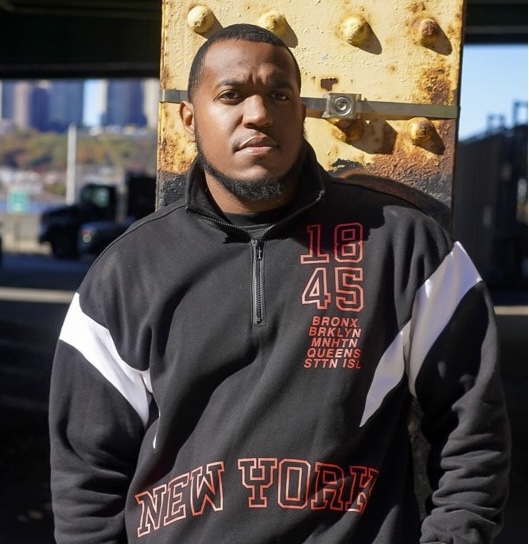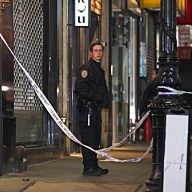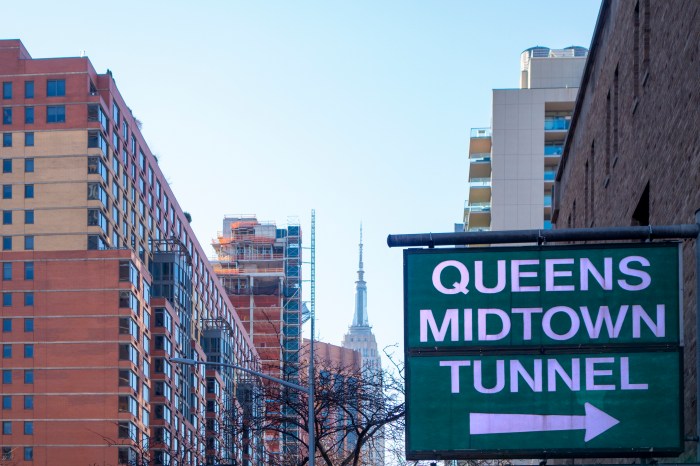A group representing SoHo and NoHo residents filed a lawsuit against the city and the Department of City Planning (DCP) in New York County State Supreme Court on Thursday seeking to prevent the implementation of the SoHo-NoHo rezoning that passed the City Council in December.
The group, which goes by the Coalition for Fairness in SoHo and NoHo, is arguing that the rezoning violates state and federal constitutional rights as well as city and state environmental review regulations.
“This rezoning is a land grab by big developers disguised as redistribution of wealth. It violates the constitutional rights of the city’s longtime residents including the elderly, retirees, artists and working families,” Jack Lester, the coalition’s attorney, wrote in a statement.
The rezoning, spanning 56 blocks mostly zoned for manufacturing use, would allow for more residential and commercial use. To bolster affordable housing, the zoning text requires for new development to go through the city’s Mandatory Inclusionary Housing plan option 1, which requires fewer rent-restricted units overall, but maintains a deeper level of affordability.
The group alleges that the rezoning will generate fewer units of affordable housing that the city predicts and argues that exemptions it contains for developers will allow them to demolish historical low-rise structures in order to construct luxury condominiums and retail stores that do not provide affordable units.
The group’s petition charges that the SoHo/NoHo land use resolution failed to take a “hard look” at the impact on the area’s socio-economic conditions, historic and cultural resources and levels of potential displacement. As a result, the lawsuit alleges that the city did not meet the requirements of the State Environmental Quality Review Act or City Environmental Quality Review.
It also claims that rezoning violates the state constitution by imposing an unreasonable cost on residents, and alleges that the rezoning amounts to the unfair confiscation of private property in violation of the U.S. constitution.
It’s not the first lawsuit against this rezoning. Last May, a group called the Soho Alliance sued to prevent the zoning change from making it through the land use process, but ultimately were not successful in the courts.
Large-scale land use decisions that initiate new development projects in residential neighborhoods often spark controversy, and so it is not unusual for community opposition to lead to a lawsuit.
In 2019, residents of Inwood sued the city to prevent a neighborhood zoning based on similar violations of city and state environmental review regulation, and successfully convinced a Supreme Court justice that the city’s review had been inadequate. The ruling, however, was later reversed in appellate court and the rezoning reinstated.
The city responded to the news of the lawsuit by rebutting the claim that it had not undergone an extensive environmental review process.
“This rezoning will help ensure that all our neighborhoods are doing their part to solve our city’s housing crisis, particularly those that are centrally located and well resourced, and the administration has been proud to support it. The rezoning underwent a thorough public review process, which included a comprehensive environmental impact statement. We have successfully defended this rezoning before, and we aim to do so again,” said Nick Paolucci, a Law Department spokesman.



